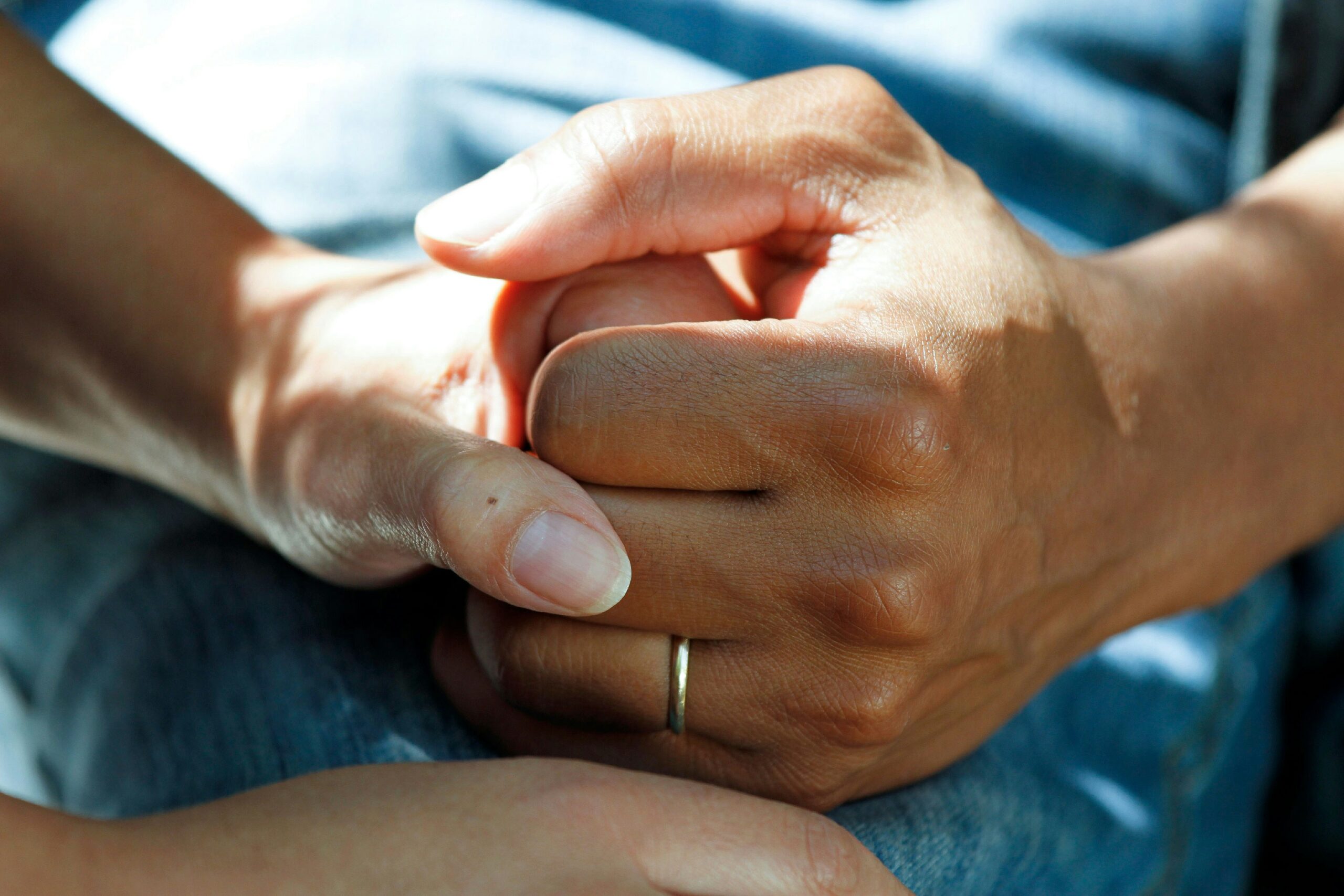Long-term Sobriety
In the Lamrim practise, there is a well-known topic that will save many alcoholics from ever drinking again. It is also suggested in the 12 Steps under different terms.
What is this secret Buddhist tradition that can help maintain long-term sobriety?
It is the 15th of the Lamrim meditations, and it is called Taking The Suffering of Others. The purpose of this meditation, according to Geshe Kelsang Gyatso, is to purify our self-cherishing mind and to accumulate great merit. Sounds a little like something I heard about in a 12-Step group called service. The three pillars of AA are recovery, unity, and service.

Image by Abd Karim Alias from Pixabay
Taking What?
In some traditions, this meditation is called Tonglen. This simple method is not only beneficial to our mind instantly, but, it helps others, and connects us back to our Buddha-nature.
As in a lot of other practises, this is a great tool for the development of compassion, which is one of the wings that will take us on the path to enlightenment and the end of all suffering.
“But the Buddha and historical Buddhist sages were not moralists. Rather, they took an existential approach, pointing out that love and compassion is a quality – and an inner power — intrinsic to our true nature, i.e., the “Buddha-nature.” “
Prof. Chen Yu-Hsi, Ph.D. Professor, Department of Religious Studies Fo Guang University, Taiwan
Love and Compassion
Love and Compassion, as seen in taking other's suffering, is so easy to do.
The meditation visualisation is in the form of imagining thick black smoke representing the pain and suffering of others entering our nose and being directed straight to our heart centre. There, we transform the suffering into bright, white light and exhale this as love and health for the recipient.
We maintain this beautiful breathing meditation for as long as possible and dedicate the merit to the well-being and happiness of all.
After the meditation, we will be naturally filled with compassion and love for the person whom we were thinking of. Any further action that can ease their burden will come easily to mind. But the greatest benefit will be to our own mental continuum.
The practise of taking is one of the easiest and most beneficial things that we can do for our peace of mind and long-term happiness.
Overcoming the evil of self-cherishing is one of our greatest battles, and taking the suffering of others and giving happiness, is certainly one step that we can all take in defeating our self-cherishing habit.
Having meditated on Tonglen and raised our mental feeling, service in our community is made easier. Working with others in a 12-Step program, helping in other ways through service positions, or just leading by example are ways that taking others suffering can be done practically.

Photo by National Cancer Institute on Unsplash
see also Love And Compassion in AA Action
Practically Speaking
Writing to people in prison is a great way to help someone who is suffering, or driving a sponsee to appointments is ‘taking in action’.
Showing newcomers how joyous life can be in sobriety is about the best way we can silently help others in the difficult transition from drunk life to the way of sobriety. Try 'tea towel duty' as a simple way to show the benefits of service work to others who are maybe ‘full of self’.
Whether practising Tonglen ‘taking and giving’ meditation, physically helping others in direct support, or showing the joy of sobriety, the traditional practise of taking the suffering of others has so many benefits to the recovering addict.

